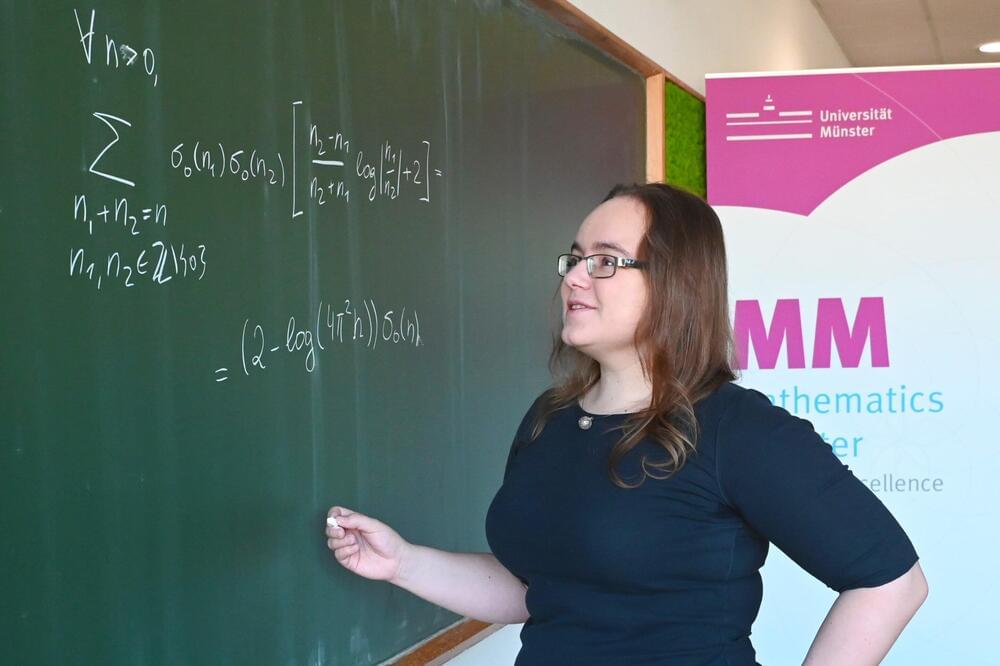String theory aims to explain all fundamental forces and particles in the universe—essentially, how the world operates on the smallest scales. Though it has not yet been experimentally verified, work in string theory has already led to significant advancements in mathematics and theoretical physics.
Dr. Ksenia Fedosova, a researcher at the Mathematics Münster Cluster of Excellence at the University of Münster has, along with two co-authors, added a new piece to this puzzle: They have proven a conjecture related to so-called 4-graviton scattering, which physicists have proposed for certain equations. The results have been published in the Proceedings of the National Academy of Sciences.
Gravitons are hypothetical particles responsible for gravity. “The 4-graviton scattering can be thought of as two gravitons moving freely through space until they interact in a ‘black box’ and then emerge as two gravitons,” explains Fedosova, providing the physical background for her work. “The goal is to determine the probability of what happens in this black box.”









Leave a reply